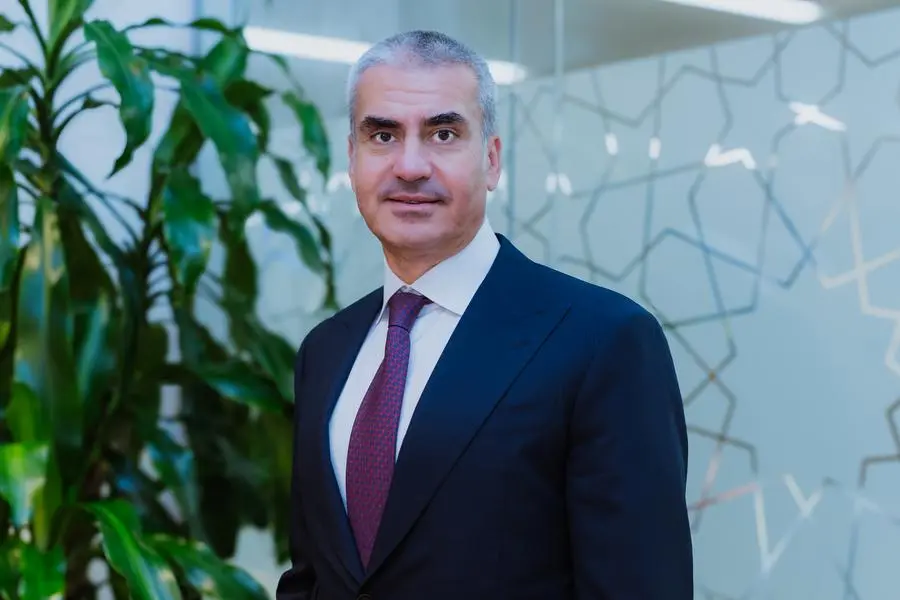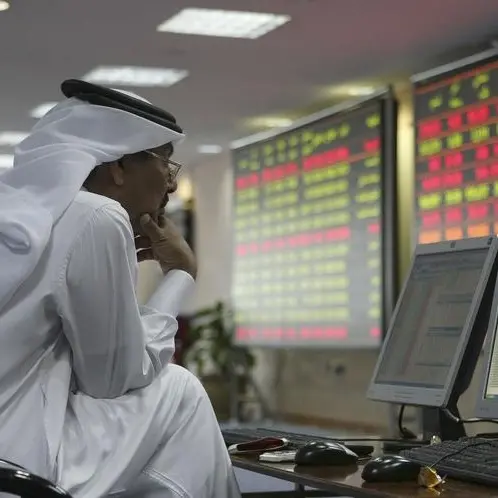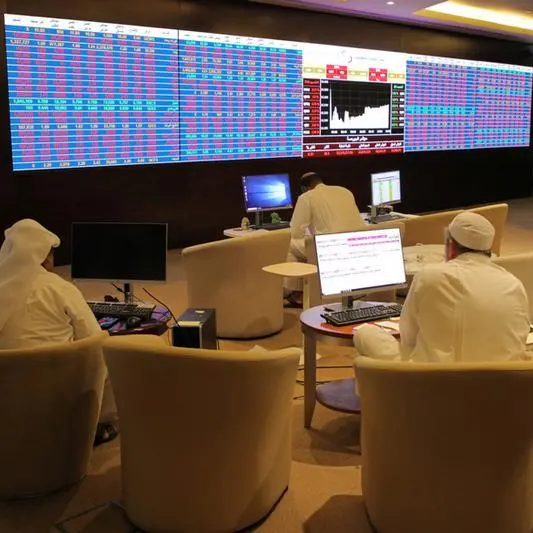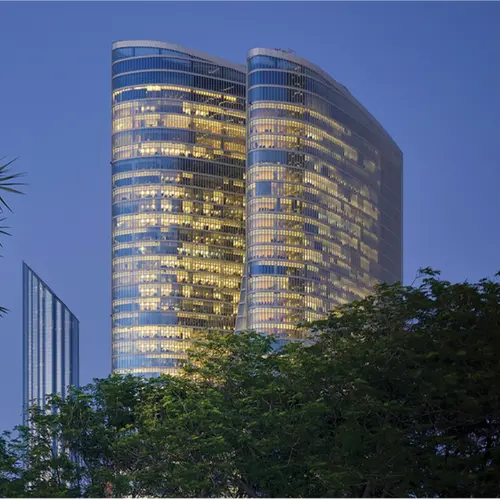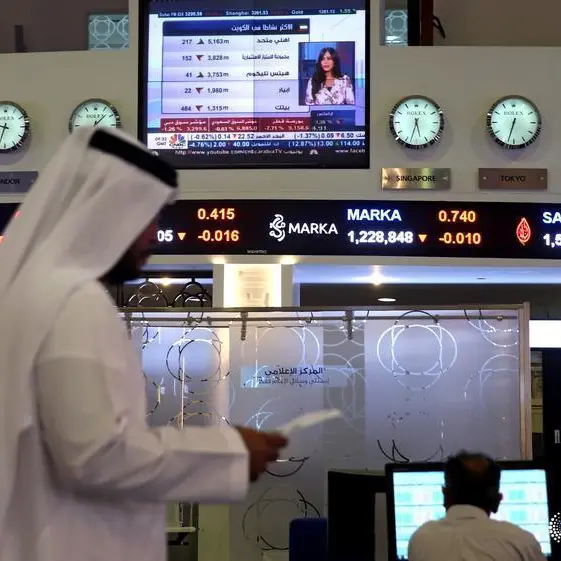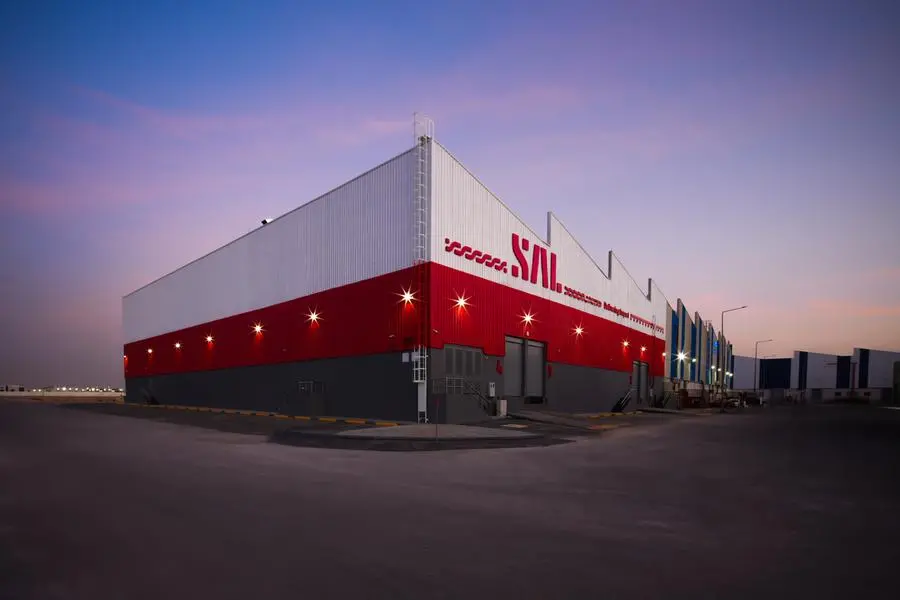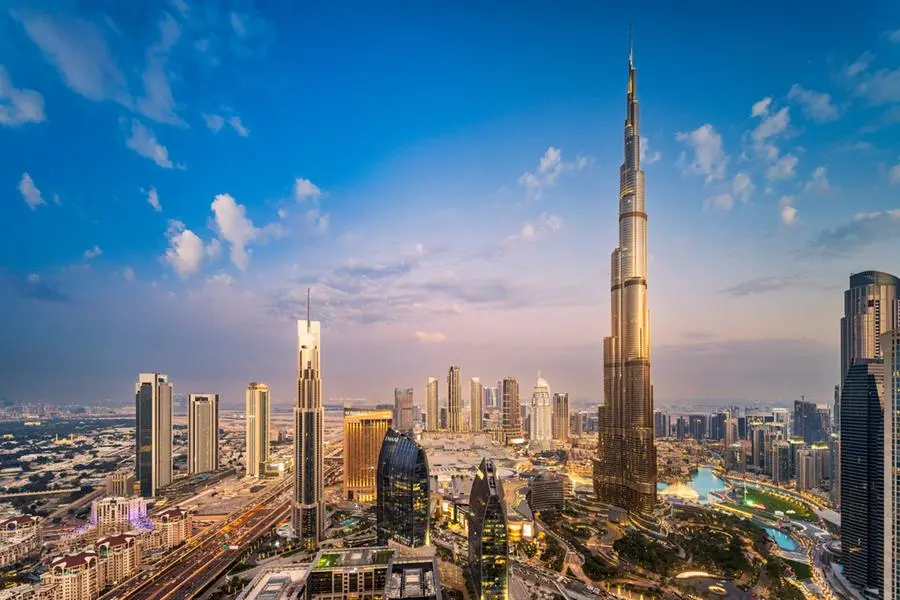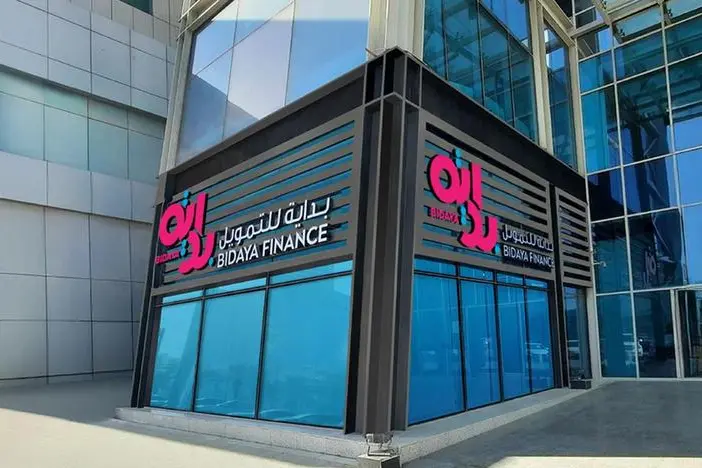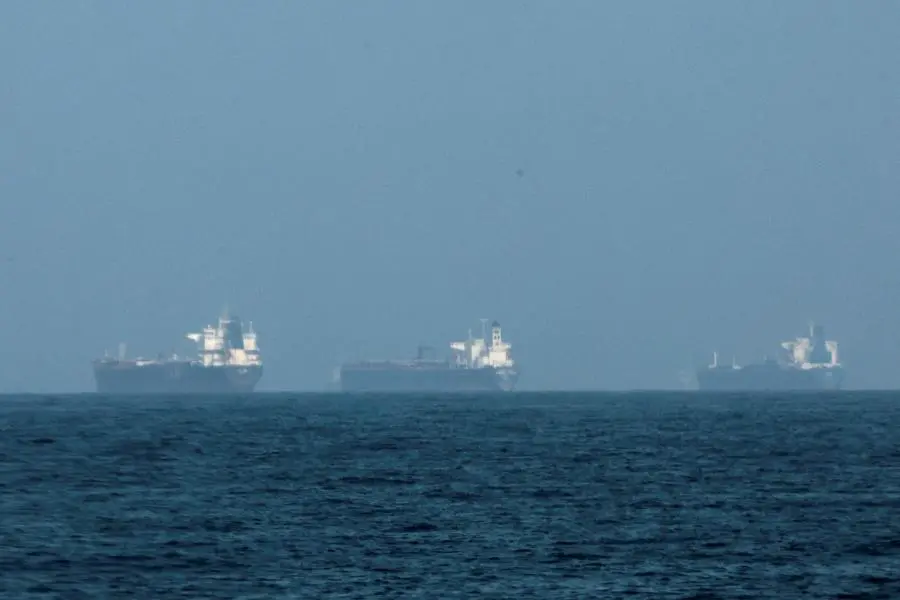PHOTO
HSBC has been undergoing a sweeping reorganization, with the implementation of cost-cutting measures, shifting of some businesses, and exits from a few others. The bank has decided to invest more in key Middle East markets, including the UAE, Saudi Arabia, and Qatar, and aims to dominate in wealth management as well as corporate and institutional banking, its CEO told Zawya in an exclusive interview.
“The Middle East continues to be a very important market for HSBC. It is one of the regions where we will continue investing. This is evident in our decision to wind down M&A and ECM activities in the US, the UK, and Europe while identifying the Middle East and Asia as areas where we will continue to invest,” said Selim Kervanci, the newly appointed CEO for Middle East, North Africa and Türkiye (MENAT).
Kervanci was appointed to helm HSBC’s Middle East operations at the end of last year as part of a series of leadership changes worldwide initiated by Chief Executive Georges Elhedery to make the bank simpler and more dynamic. Kervanci has been with the bank for almost three decades and was most recently the CEO of HSBC Turkieye.
In 2024, HSBC MENAT posted a record profit before tax of $2.5 billion, up 10% compared to 2023 on a constant currency basis, reflecting strong revenue growth. “MENAT is an important profit accelerator for HSBC beyond our two home markets, the UK and Hong Kong,” Kervanci said.
Capital markets and wealth focus
Kervanci’s priority is to make the business more beneficial for clients by concentrating on areas where the international bank already holds a competitive advantage and leadership position. “The UAE is a top destination [in terms of] attracting the highest number of millionaires globally. This will further spur our wealth management business. We have increased the number of our international wealth clients by 23% in the core MENAT corridors. If you look at the UAE, international wealth customers grew by 31%.”
He is confident that HSBC can maintain its leadership position in ECM/DCM and investment banking in the region.
“Another growth area is corporate and institutional banking. HSBC is the only bank to have topped the Middle East League Tables for ECM and DCM activity in four consecutive years,” Kervanci said, adding, “If there is one region that we will continue investing in when it comes to institutional banking business, it is the Middle East. We have the right size here. If there is a need to expand more, we are open to the idea of further investments,” he added.
HSBC acted on 90% of all jumbo IPOs, (those over $1 billion) in the Middle East, leading half of all equity raised on Middle East capital markets since 2021. In Saudi Arabia, HSBC is the largest and leading investment bank, with more than 250 capital markets and investment banking professionals. The bank is also the top sub-custodian across the Middle East region and the global custodian in Saudi, Qatar and Bahrain.
HSBC MENAT led three out of the five largest international IPOs in the UAE last year. It led eight out of the 13 largest international IPOs in 2024, including the Middle East’s largest ever secondary offering (Aramco); Oman’s largest ever ECM transaction (OQEP); and the largest IPO on ADX (Lulu).
“Of the $26.2 billion raised in IPOs in the UAE’s financial markets between 2022 and 2025 YTD, we were involved in 65% of the total deal value,” he added.
The bank will increasingly leverage its international connectivity to serve its wealth management clients, Kervanci said. HSBC is present in 90% of the global trade corridors. Its trade business in the region is the fastest growing, with payment volumes increasing by 20%. He noted as well that MENAT Global Trade Solutions is now the fastest-growing trade business for the bank globally.
HSBC Middle East saw the majority (74%) of its wholesale revenues in 2024 coming from cross-border banking, with strong growth in Asia.
“India is a growing market, in terms of international connectivity. We see a lot of Indian wealth coming to this part of the world. China is another corridor where we have an increasing interest,” he said, adding, “Last year, revenue in mature corridors of US and Europe went up and Asia corridor also saw strong growth in corporate and institutional banking.”
Tapping into the increasing business interests of regional sovereign wealth funds and family offices in Asia is another area where Kervanci aims to continue expanding the bank’s activities this year. He noted that HSBC is the Abu Dhabi Investment Office’s (ADIO) preferred international banking partner in Asia.
Future of retail banking in Middle East
As HSBC continues to offload its non-core global operations amidst a global restructuring, the future of the bank’s retail banking in the region could see some changes in the face of aggressive local banks.
Last month, HSBC agreed to sell its retail operations in Bahrain to Bank of Bahrain and Kuwait (BBK).
Kervanci noted that an international proposition with a focus on wealth across affluent, high-net-worth (HNW) and ultra-high-net-worth (UHNW) customer segments is where he thinks they can make a difference.
“Retail banking requires substantial investments, but we aim to use our dollars wisely. Local banks hold a significant market share in mass retail operations, making it almost impossible to compete with them,” he said.
Globally, HSBC has decided to increase investments in retail banking in its home markets – the UK and Hong Kong. In other markets, retail banking focus will shift more towards international wealth and premier banking.
When asked whether the bank will exit retail banking in other MENAT markets, Kervanci said: “We review our businesses on a regular basis and will make decisions as and when required. Our business must align with our global strategy, which is to be a leader in Corporate and Institutional Banking (CIB) and International Wealth and Premier Banking (IWPB). When it comes to wealth management, there is no bank besides HSBC that can provide such international connectivity. This is an area where we plan to invest further in terms of our technology, products, infrastructure, and people.”
(Reporting by Seban Scaria; editing by Daniel Luiz)
